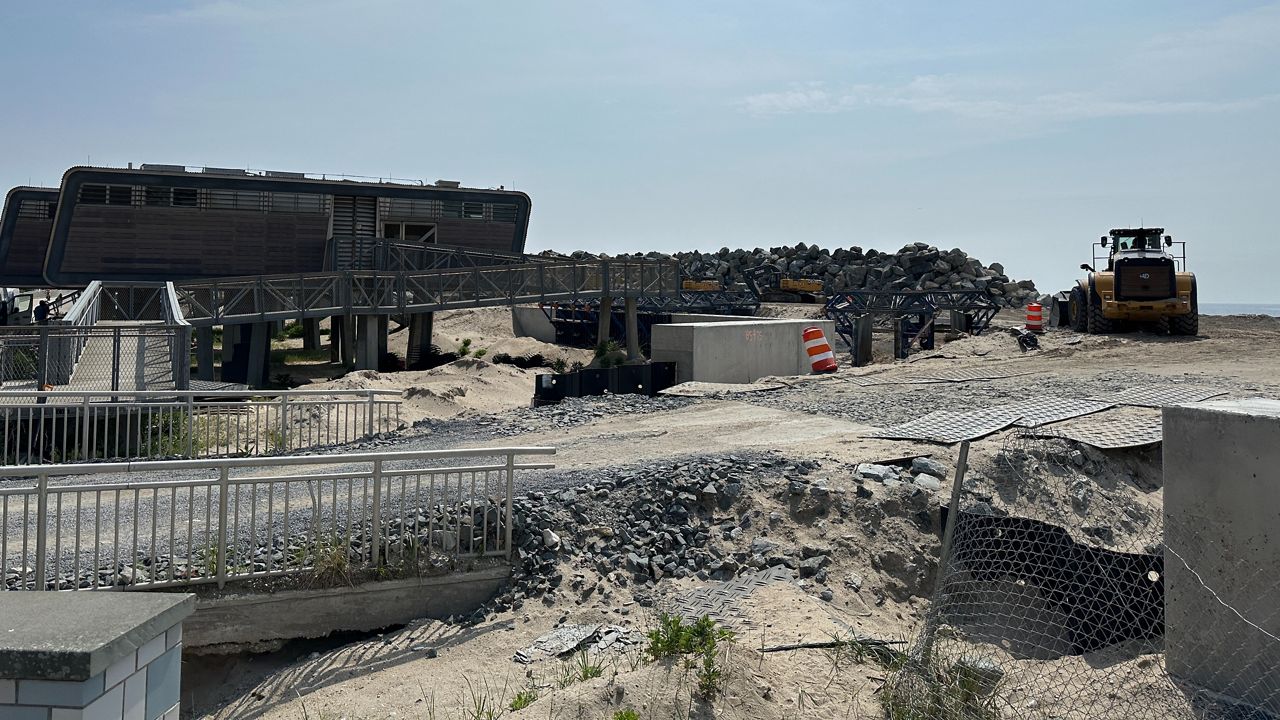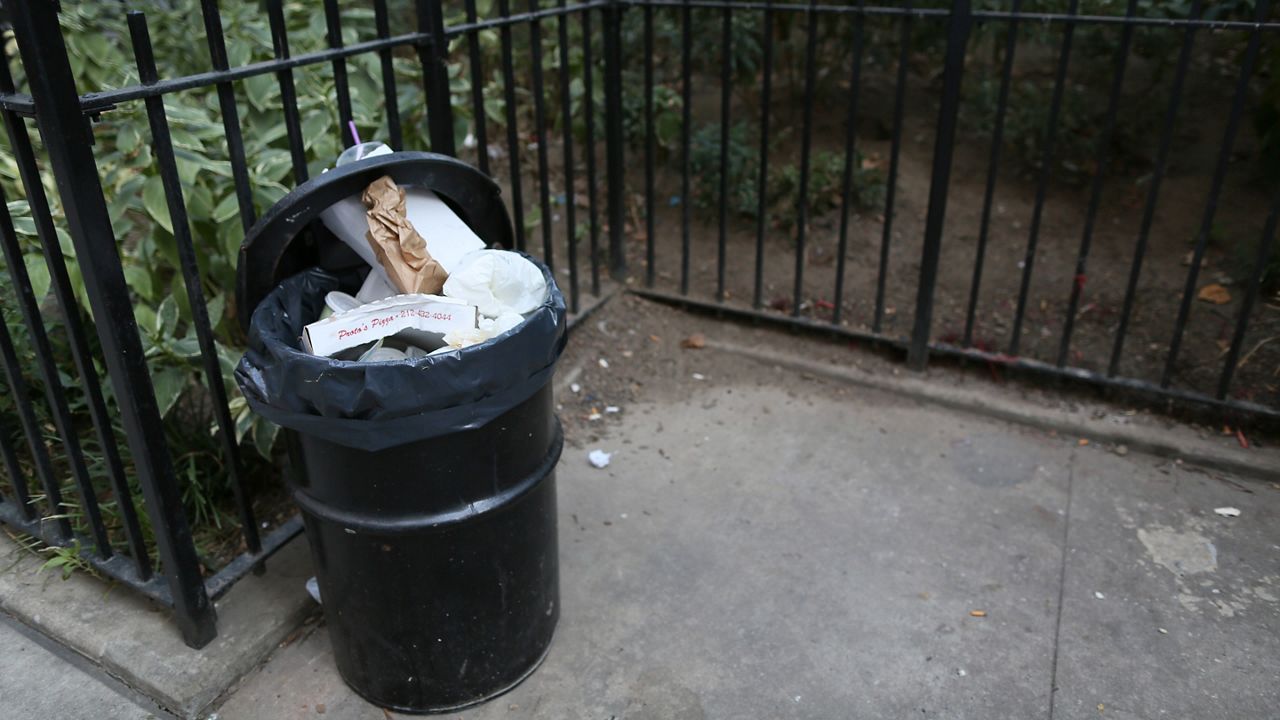Even though the city’s green goals are ambitious, about 85% of its electricity comes from burning fossil fuels in plants at the moment.
To change that, two multi-billion-dollar projects promise to bring solar, wind and hydropower to New York City.
“Our overall plan to reduce the City’s carbon footprint requires a significant increase in renewable power,” said Rohit Aggarwala, New York City's chief climate officer and commissioner of Environmental Protection. “We see these two projects not as the ceiling, this is not the end of our journey, but this is the critical first step.”
The first one is called Clean Path, which would bring solar and wind power from upstate through a 175-mile underground transmission line.
The second one, the Champlain Hudson Power Express (also a transmission line), would bring hydropower from Canada.
Both projects have the support of Gov. Kathy Hochul.
“Upstate almost all of their energy is clean energy. In New York City, almost all of our energy is from fossil fuels. So we need to move quickly,” said Julie Tighe, president of the New York League of Conservation Voters.
The Public Service Commission will have a vote on these projects next week.
“And if they vote now, I would love for them to come down to Queens and explain why. Don’t hide up in Albany, don’t stay up there and say ‘this cost too much.’ The families who are choking on air that’s polluted, that’s the cost that we should really be thinking about,” said Costa Constantinides, CEO of the Variety Boys and Girls Club of Queens.
These two projects were selected by the New York State Energy Research Development Authority, and while Clean Path has wide support, some groups oppose the Champlain Hudson Power Express, questioning its overall impact on the environment and native communities.
“NYSERDA made a mistake selecting this project and what we need to do quickly reevaluate and select a different project,” said Richard Webster, legal program director at Riverkeeper.
If these projects are not approved, state authorities will have to quickly select alternative options.
New York State has the goal of a zero-emissions electricity sector by the year 2040.







_CGPKG_Qns_Kissena_Park_Flooding_Town_Hall_CG)

